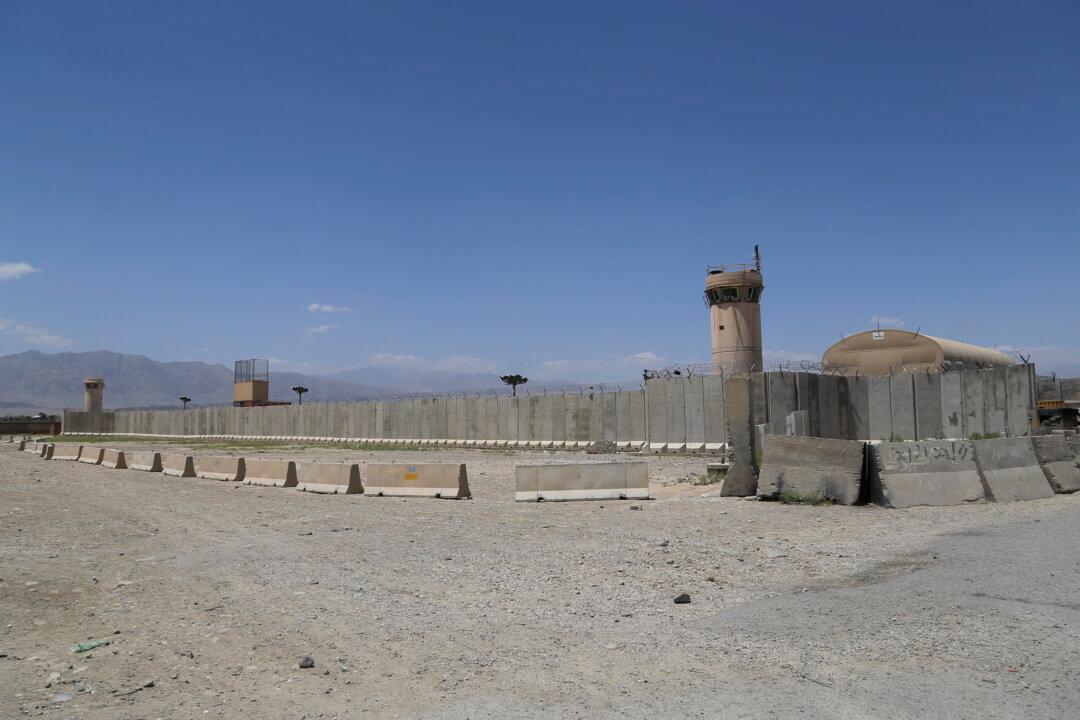Former President Donald Trump said this week that the U.S. military should have destroyed its permanent bases before withdrawing from Afghanistan—an action that’s probably too late to take by now, according to a Marine Corps veteran who’s performed such operations.
During an Aug. 17 interview with Fox News host Sean Hannity, Trump lamented the Taliban’s seizure of U.S. military equipment left abandoned at unmanned U.S. bases.




